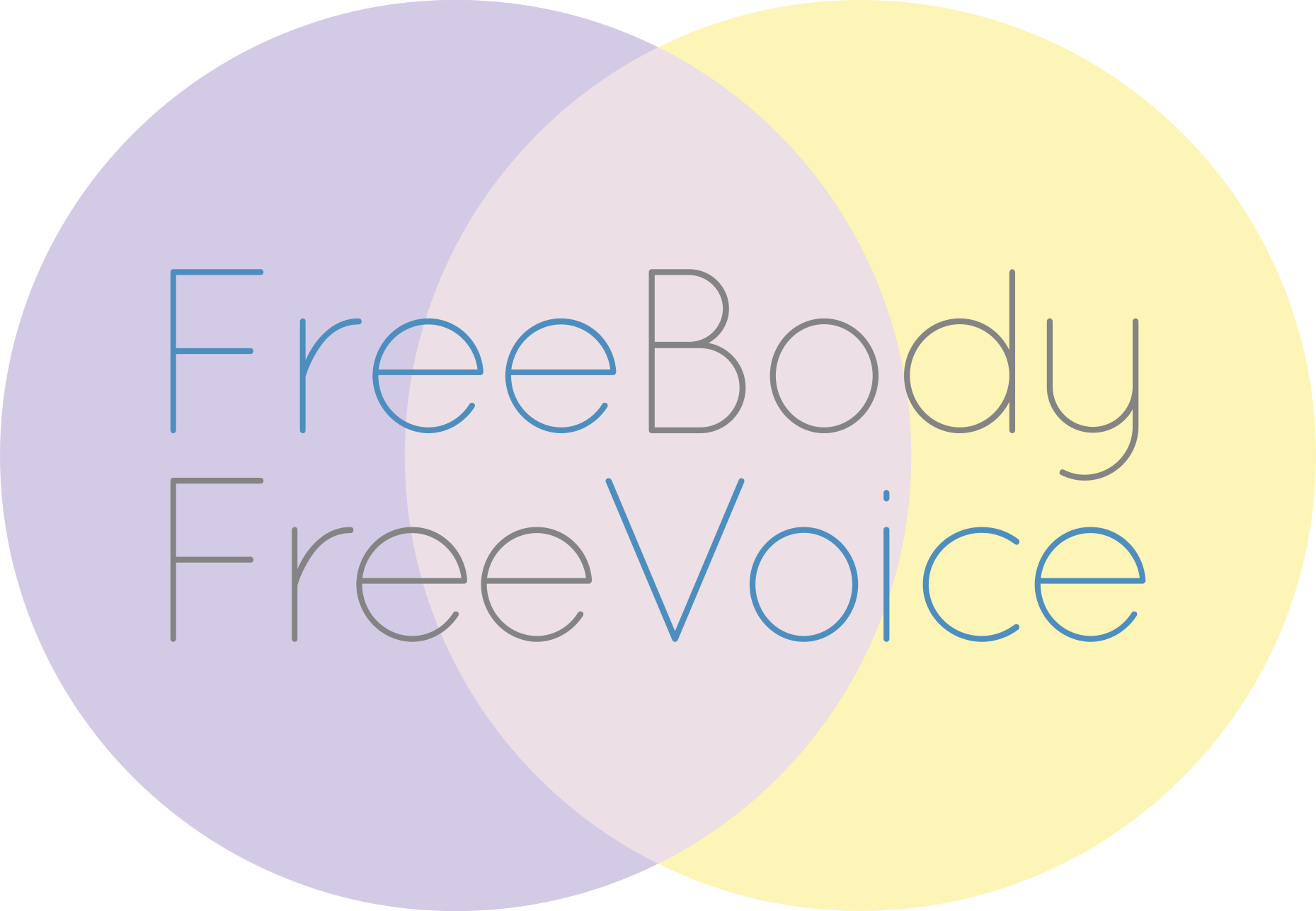What I learned from my parents
The title of this post does not refer to those life-lessons we all (at least us lucky ones) learn from our parents during our formative years. (But thanks, Mom and Dad, for teaching me to read, brush my teeth, and say "thank you" when I'm given a piece of cake. And don't worry, I've gradually recovered from the false wisdom you imparted, like "you'll go blind sitting so close to the TV" or "no, dear, that green jeans suit looks perfectly wonderful on you.")
I'm actually writing today about what I learned from my parents yesterday, when they came up to the City to take lessons with me. Teaching my parents, which involves a reversal of the standard parent/child roles, highlights the stimulating shifts back and forth between the student and teacher roles that occurs in virtually all of the lessons I give. Simply put, I often learn from my student at least as much as I am teaching. This effect seems to be even greater when my student is one of my parents. Perhaps we're programmed to learn in the presence of those who bore and raised us. Even well into our fourth decade of life.
Here are my mom and dad:
After religiously reading my blog since I began it, my dad eventually emailed me to say he'd like to try an Alexander lesson sometime, to see what it was all about. Since my mom was coming up yesterday for a voice lesson, we decided that Dad would have his first Alexander lesson then as well.
It's usually easier to introduce Alexander concepts when new students have prepped themselves with some prior reading. (If you're contemplating lessons, you might take a look at Alexander's best-known book, The Use of the Self, before meeting with your teacher for the first time. . .or just read my blog, as my dad did!) Dad's familiarity with the indirect approach of the AT and potentially unfamiliar sensations that AT lessons can bring about helped him to approach his first lesson without preconceptions. When he commented that he knew better than to expect that he would immediately understand everything he was experiencing, I knew that he would be open to learning. Yes! This is the ideal mental state we Alexander teachers hope to lead our students to, and my dad arrived with it already in place.
One of the most important things I learned from working with Dad yesterday was that I can not expect my words to be meaningful, or to convey the meaning I intend, to everyone. Dad's facility with language and him courage to admit when he is not understanding something allowed us to dialogue about terms I often assume everyone understands. (It's easy when you teach a subject to forget that not everyone has the same familiarity with that subject.) During yesterday's lesson, I casually tossed off phrases like "bring your awareness to this place in your body."
Instead of pretending that he knew what the heck I meant, Dad admitted that my words were just about devoid of meaning to him. That forced me to analyze my intentions and figure out exactly what I was trying to convey. I ask students every day to "bring awareness to" various parts of their bodies, but had I ever really considered what I am asking for? In discussing the phrase with my dad, both of us offering our point of view, we came up with a possible meaning: bringing awareness involves consciousness of a location and a quality. In the example I have been discussing, the location was the junction of the head and neck, and the quality was ease and lightness. I gained clarity about my intentions in teaching and will be less likely in the future to assume that my words--however familiar to me--are being received clearly by my students.
From Mom's voice lesson, I gained insight into the relative roles of the registers in singing. Mom, who has a solo-quality instrument, has done more choir singing than soloing in the recent past. Like many women in choirs, she has unconsciously neglected the development of her chest voice, concentrating rather on producing a sweet-toned sound with a preponderance of head voice that blends imperceptibly with the overall choral sound. Unfortunately, since the chest voice muscles are what keeps the throat open in singing, this type of head-voice-only singing forces other, ill-suited muscles to try to keep the throat open, making singing effortful. Mom came yesterday with the request to develop her stamina.
First off, I was amazed with what Mom was able to do with only her head voice, basically only half of her instrument. She vocalized up to coloratura range and down to the C below middle C (!), albeit with more effort than desirable and a slightly veiled tonal quality. It was initially challenging to get Mom to make the bold, brassy sounds of the chest register--it went against her training and her ear, which had gotten used to the softer-textured head voice quality. Only when I "gave her permission" to sound like Ethel Merman would she belt out the bold (and beautiful) chest voice sounds I was asking for.
Once we got her chest voice activated, it combined easily with her already-developed head voice, producing an easier production throughout her entire range and a more soloistic, earthier quality that we put to lovely use in "I know my redeemer liveth" from Messiah.
Thanks, Mom and Dad, for giving me the chance to learn more about teaching. Also for your willingness to assume the student role to one of your offspring.
And also for brunch at Tello--a Bloody Mary toast to the greatest parents I've ever had!

